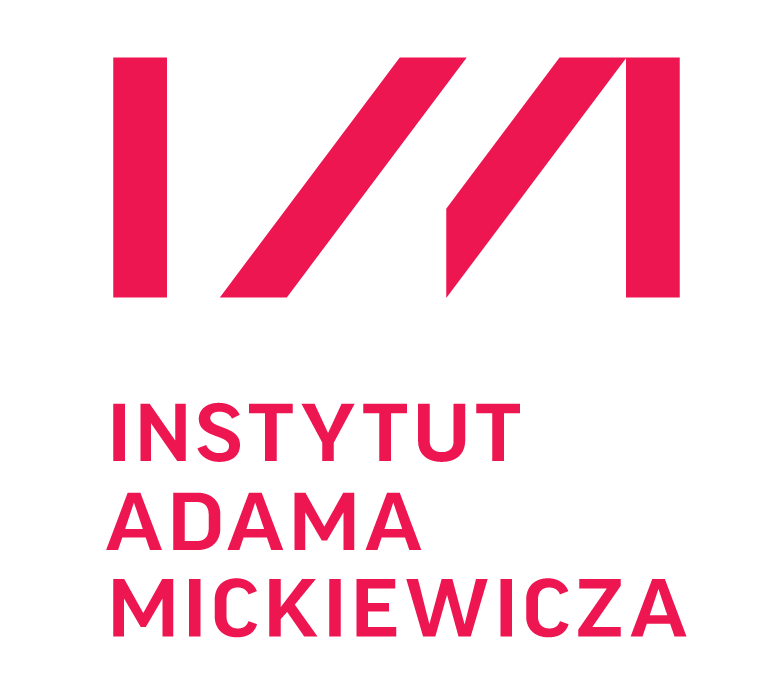Under the auspices of the Adam Mickiewicz Institute and its “Lusitania Programme,” Polish conductor Michał Klauza and violin soloist Agata Szymczewska joined forces with the Orquestra Jovem do Estado de Sao Paulo [Sao Paulo State Youth Orchestra] for two performances of a program of Polish music in May: at the Teatro CIAEI in Indaiatuba on May 6, and at Brazil’s finest concert hall, Sala Sao Paulo in the city of Sao Paulo, on May 7. I had the pleasure of hearing the first evening’s performance.
The program consisted of Andrzej Panufnik’s Heroic Overture; Karol Szymanowski’s Violin Concerto No. 1; Mieczslaw Weinberg’s Polish Melodies, Op. 7 No. 2; and Wojciech Kilar’s Krzesany. Ms. Szymczewska, who performed last year in Beverly Hills on tour with the Szymanowski Quartet, dazzled in the concerto. She projected a shimmering, golden tone, with complete command and musical authority. For an encore, the Indaiatuba audience was treated to Grażyna Bacewicz’s violin solo Kaprys Polski, or as Ms. Szymczewska announced to the delighted Brazilians, “Capricho Polonês.”
Maestro Klauza likewise impressed with his technical ease and musical fluency. In between selections, Klauza spoke to the audience in Polish, with Karolina Małaczek of the Mickiewicz Institute providing real time translations in excellent Portuguese. Weinberg’s Melodies were a hit with the public, and Kilar’s Krzesany shocked and finally won over the Indaiatuba audience, a public generally unfamiliar with any Polish music beyond Chopin. The true heroes of the evening, however, were the musicians of the orchestra. By far the best youth orchestra in Brazil, and frankly better than many of the nation’s professional orchestras, the Orquestra Jovem do Estado (or “Estadualzinho” as they are affectionately known) is a testament to the remarkable talent and promise of Brazil’s young musicians. Regularly rehearsed and conducted by Claudio Cruz, the former concertmaster of the Sao Paulo’s State Symphony Orchestra, “Estadualzinho” has been doing fantastic programs recently—at the end of 2016, I heard them in tremendous performances of Mahler’s Symphony No. 6 and Richard Strauss’ Don Juan. In this recent concert of Polish music with the excellent guest artists Klauza and Szymczewska, the young musicians of the orchestra entered unknown territory, and came out victorious (and fuller musicians as a result). The program continued a welcome trend in the state of Sao Paulo, that of programming and performing Polish repertoire through partnerships between visiting Polish artists and local Brazilian musicians and institutions. Earlier this year, Sao Paulo State University in Campinas (Unicamp) hosted the second annual “Festival de Música Polonesa”, and we look forward to the third edition of the festival in Campinas in 2018.
 A cellist equally at home across a spectrum of musical languages, Dr. Lars Hoefs enjoys a multifaceted career as soloist, chamber musician, teacher, orchestral principal, recording artist, author and scholar. His performances and master classes have brought him to Brazil, Europe, Israel, and across the US. Now a resident of Brazil, Dr. Hoefs has given masterclasses at universities, conservatories, and social projects throughout the country, and has been featured as soloist with the Amazonas Filarmónica in Manaus, Campos Filarmónica in Campos do Jordão, Orquestra Sinfônica Brasileira Jovem in Rio de Janeiro, Orquestra NEOJIBA in Salvador, and the Orquestra do 4th Encontro International de Cordas in Tatuí. A Professor of Cello and Music History at Unicamp in Sao Paolo, he serves as the Music Director of the Festival de Música Polonesa there, as well as the Villa-Lobos International Chamber Music Festival in Los Angeles, where he previously attended the USC Thornton School of Music.
A cellist equally at home across a spectrum of musical languages, Dr. Lars Hoefs enjoys a multifaceted career as soloist, chamber musician, teacher, orchestral principal, recording artist, author and scholar. His performances and master classes have brought him to Brazil, Europe, Israel, and across the US. Now a resident of Brazil, Dr. Hoefs has given masterclasses at universities, conservatories, and social projects throughout the country, and has been featured as soloist with the Amazonas Filarmónica in Manaus, Campos Filarmónica in Campos do Jordão, Orquestra Sinfônica Brasileira Jovem in Rio de Janeiro, Orquestra NEOJIBA in Salvador, and the Orquestra do 4th Encontro International de Cordas in Tatuí. A Professor of Cello and Music History at Unicamp in Sao Paolo, he serves as the Music Director of the Festival de Música Polonesa there, as well as the Villa-Lobos International Chamber Music Festival in Los Angeles, where he previously attended the USC Thornton School of Music.
[Sources: facebook.com, santamarcelinacultura.org.br, santamarcelinacultura.org.br]

